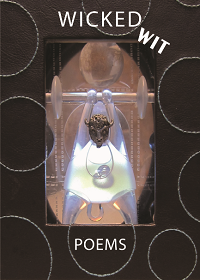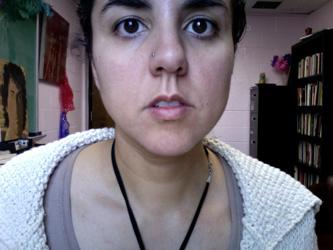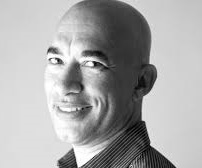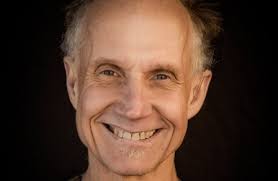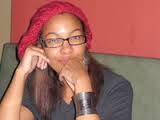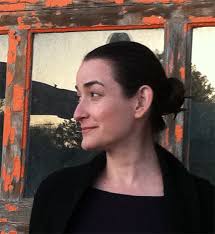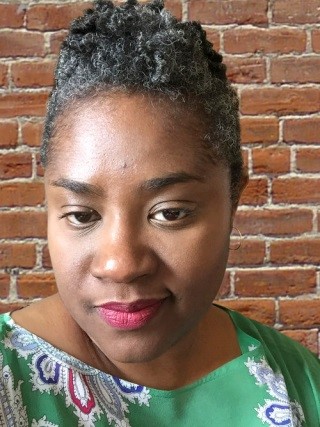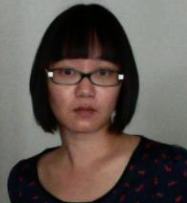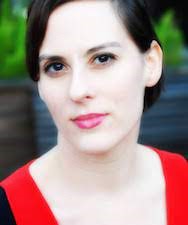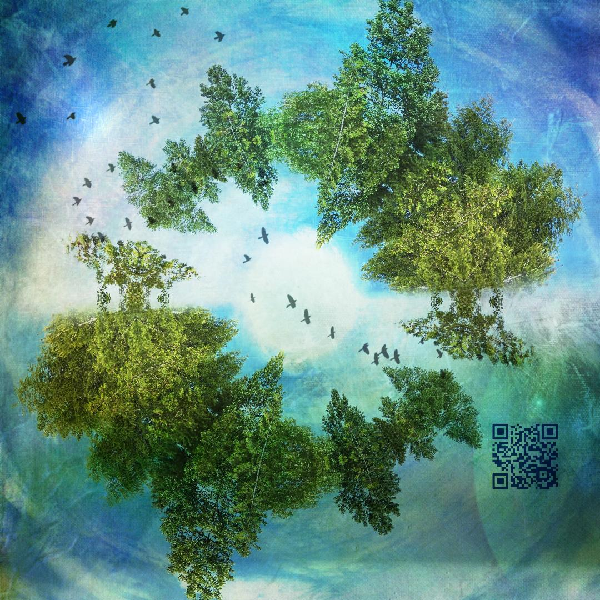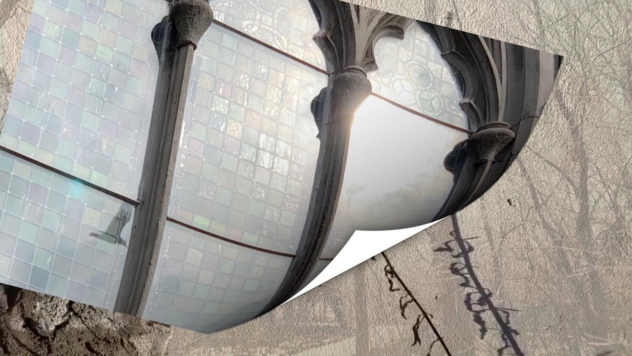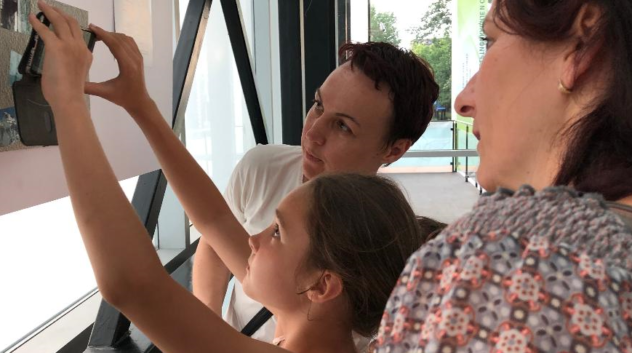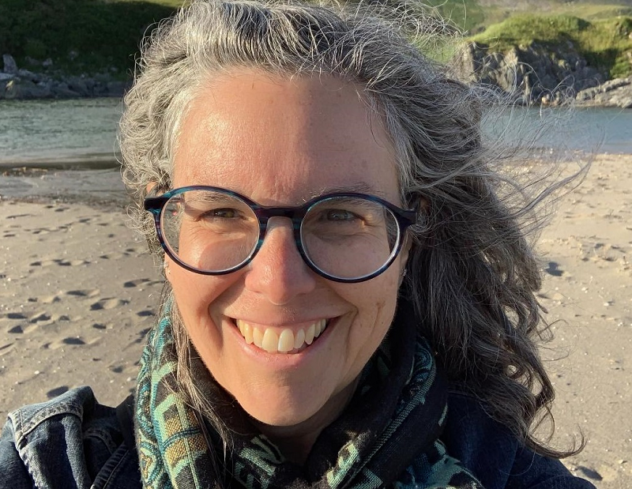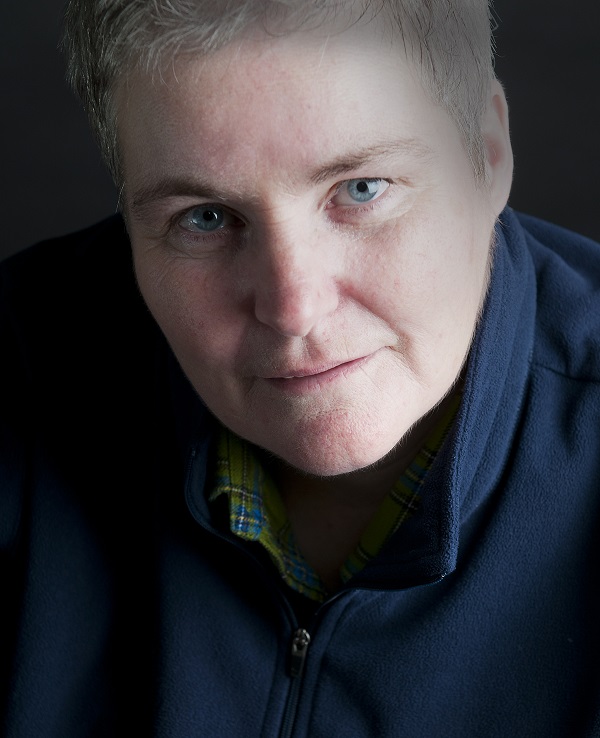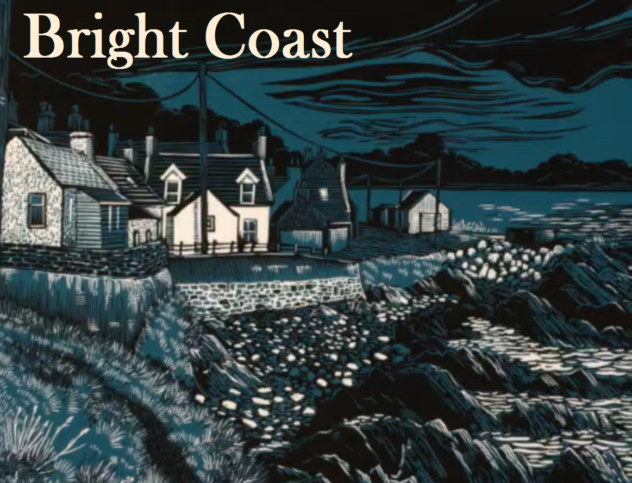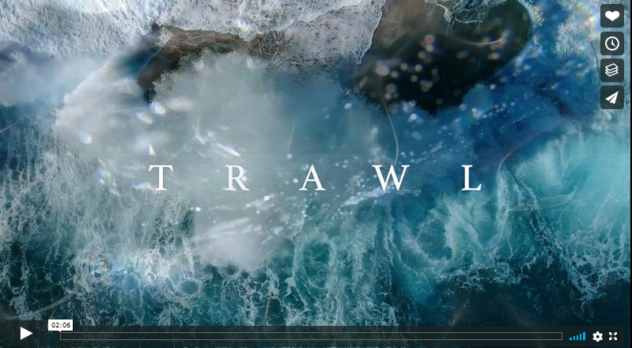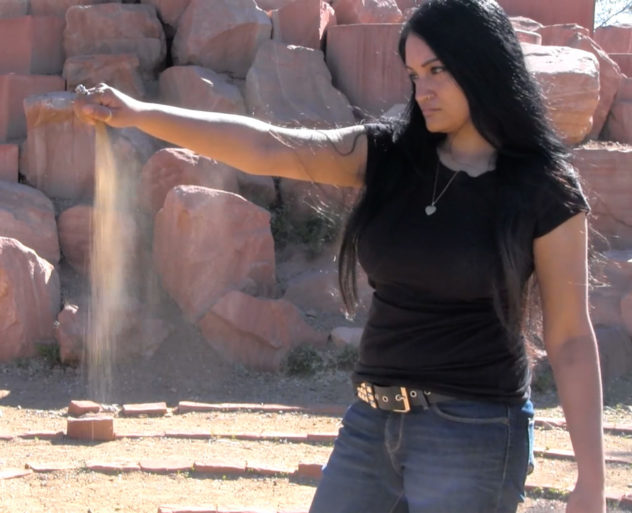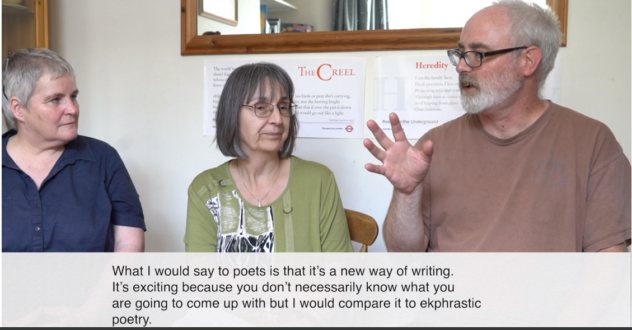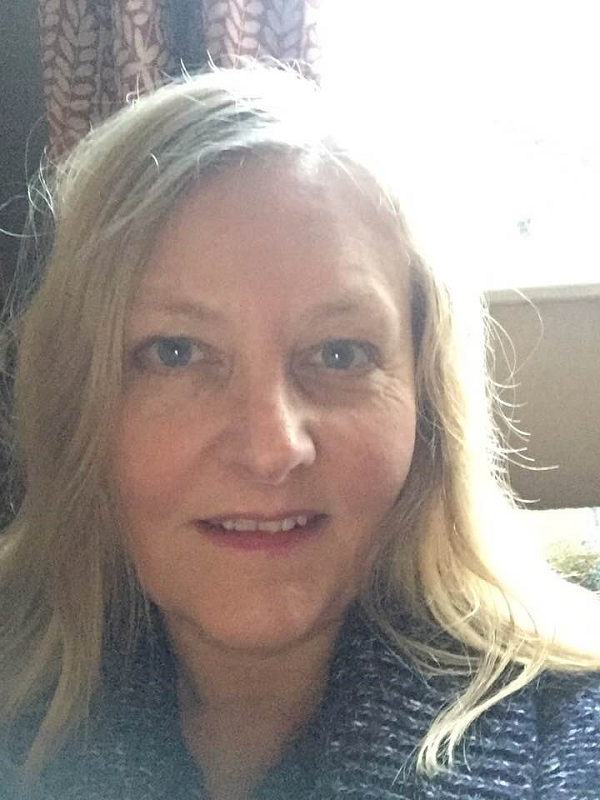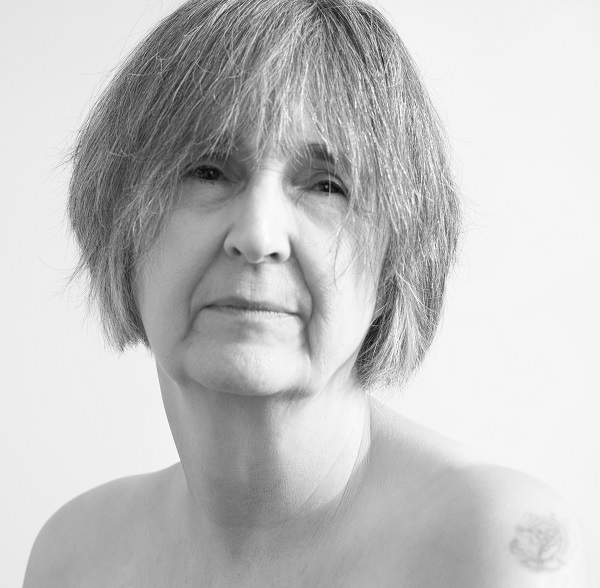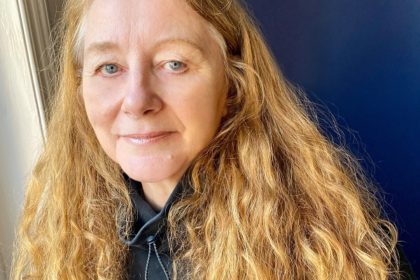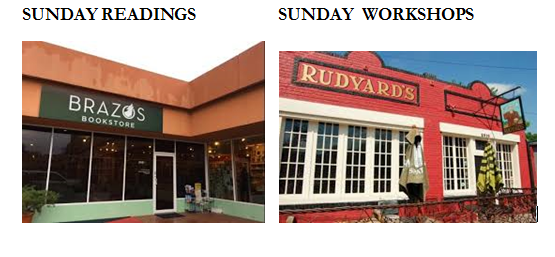 Leslie Ullman is the author of four poetry collections, Progress on the Subject of Immensity, ( 2013); Slow Work Through Sand, which won the 1998 Iowa Poetry Prize;Dreams by No One’s Daughter; and Natural Histories, which won the Yale Series of Younger Poets Award in 1979. Her poems and reviews have appeared in numerous journals, including Poetry, The New Yorker, Prairie Schooner, Poetry East, Crab Orchard Review, and The Kenyon Review. She is the recipient of two NEA Fellowships. Now Professor Emerita at the University of Texas-El Paso, where she taught for 27 years and established the Bilingual MFA Program, she has continued to teach on the faculty at Vermont College. She also does freelance manuscript consultations.
Leslie Ullman is the author of four poetry collections, Progress on the Subject of Immensity, ( 2013); Slow Work Through Sand, which won the 1998 Iowa Poetry Prize;Dreams by No One’s Daughter; and Natural Histories, which won the Yale Series of Younger Poets Award in 1979. Her poems and reviews have appeared in numerous journals, including Poetry, The New Yorker, Prairie Schooner, Poetry East, Crab Orchard Review, and The Kenyon Review. She is the recipient of two NEA Fellowships. Now Professor Emerita at the University of Texas-El Paso, where she taught for 27 years and established the Bilingual MFA Program, she has continued to teach on the faculty at Vermont College. She also does freelance manuscript consultations.
 Denise Levertov (1923-1997) is one of America’s most respected poets. She authored 24 books of poetry as well as criticism and translations, and also edited several anthologies. She did not receive a formal education, but began writing poetry as a child, corresponding with T.S. Eliott at the age of 12. Among her many awards and honors, she received the Shelley Memorial Award, the Robert Frost Medal, the Lenore Marshall Prize, the Lannan Award, a Catherine Luck Memorial Grant, a grant from the National Institute of Arts and Letters, and a Guggenheim Fellowship. In the 1960s, Levertov was active in the anti-war movement in the United States. Additionally, she worked as a poetry editor forThe Nation in the ’60s and for Mother Jones in the ’70s. From 1982 to 1993, she taught at Stanford University.
Denise Levertov (1923-1997) is one of America’s most respected poets. She authored 24 books of poetry as well as criticism and translations, and also edited several anthologies. She did not receive a formal education, but began writing poetry as a child, corresponding with T.S. Eliott at the age of 12. Among her many awards and honors, she received the Shelley Memorial Award, the Robert Frost Medal, the Lenore Marshall Prize, the Lannan Award, a Catherine Luck Memorial Grant, a grant from the National Institute of Arts and Letters, and a Guggenheim Fellowship. In the 1960s, Levertov was active in the anti-war movement in the United States. Additionally, she worked as a poetry editor forThe Nation in the ’60s and for Mother Jones in the ’70s. From 1982 to 1993, she taught at Stanford University.
Dear Ex Libris folk,
I look forward to sharing thoughts on Denise Levertov with you in the middle of this month, coming up soon. The more I reread her now, the more I appreciate the groundbreaking aspects of her work in the ‘50’s and ‘60’s—both formal and thematic—also her passion , dedication, and reverence for life in all forms—life of the senses and the body, the natural world, and of course human rights, which became more and more a concern for her in her later work.
My own focus currently is on the poems in The Sorrow Dance and Jacob’s Ladder, which many of you may not have access to. If you have her Selected Poems (New Directions 2002), you might want to zero in on selections from her 1960 collection With Eyes at the Back of Our Heads, which begin on p. 12, through The Jacob’s Ladder, O Taste and See, and The Sorrow Dance, which end on p.66. But there are also poems from The Freeing of the Dust later in the collection (beginning with the “Living Alone series”), as well as poems throughout the collection which are worthy of discussion—I seem to have dog-eared about half the book. I hope there will be time for each of you to bring up poems you like, whether or not I’ve mentioned them here, and for us to read some aloud. That was one of my favorite aspects of Pattiann’s discussion of Roethke last month. And what better way to honor poets than to read works we love?
I probably will not address her political poems, but I welcome them into the discussion if they are of interest to some of you. I find some more effective than others, and certainly we could compare notes.
But for now I would direct you towards her insights and explorations on organic form, which you can explore for yourselves in the pacing she achieves through her line and stanza breaks, how her choices to enjamb or not enjamb clearly create a dance of form that reinforces her content, and the sense of spontaneity and sureness that arises from so much of the work. Like many of the Black Mountain poets, she considered her process of feeling her way through a poem as content of that poem. You can feel the action of the poem’s making as you read, you can feel the journey of the poet’s discovering her content through its emerging form and at arriving at least at revelation, if not resolution. Her concerns have much in common with the work of the Abstract Expressionist painters of that time, and also with the work of Robert Creeley, Robert Duncan, and William Carlos Williams, all of whom were her friends and correspondents.
You may notice that these formal aspects of her work (which in their day had to be argued were “formal,” as they made up their own rules case by case) dovetail with one of her thematic concerns, that of questing, or raising a question in some form. Closely related to this is the theme of emergence, of some thing or feeling seeking to manifest itself out of tentativeness into resolve. A great example of this kind of poem is “Stepping Westward,” which for some reason isn’t in the Collected but which I want you to have:
Stepping Westward
What is green in me
darkens, muscadine.
If woman is inconstant,
good, I am faithful to
ebb and flow, I fall
in season and now
is a time of ripening.
If her part
is to be time,
a north star,
good, I hold steady
in the black sky
and vanish by day,
yet burn there
in blue or above
quilts of cloud.
There is no savor
more sweet, more salt
than to be glad to be
what, woman,
and who, myself,
I am, a shadow
that grows longer as the sun
moves, drawn out
on a thread of wonder.
If I bear burdens
they begin to be remembered
as gifts, goods, a basket
of bread that hurts
my shoulders but closes me
in fragrance. I can
eat as I go.
This poem also suggests yet another aspect of her work which particularly appeals to me, her addressing what it means/meant to be a woman at a time just before Feminism made such examinations a little more rote, more guided, less lonely for a woman willing to step outside familiar landscape in order to observe it candidly and not necessarily in anger. Compassion and reconciliation are often her points of discovery in such poems, as is her willingness to treat her explorations as a journey for which she takes full responsibility. “The Mutes” is a stunning poem which I hope you will review. Other poems relevant to this theme are the “Living Alone” poems, “The Ache of Marriage,” “Hypocrite Women,” and “The Wedding Ring.” You can find others just by skimming the Collected’s Table of Contents.
And finally, I am struck by the reverential aspects of her work, an “O Taste and See” avidness that makes her reach into the worlds of thought, feeling, and nature through a truly permeable membrane of self. This makes for an interesting balance between the intellectual thrust and weight of her numerous essays, and the sense-based, often ecstatic celebrations that characterize so many of her poems. And it may account for the overwhelming indignation that spilled into her protest poems—her obsession with how war and the political machines that manage it work against such celebrations.
So there are some thoughts for you. You can use them as catalysts for anything you like—disagreement, elaboration, reinterpretation. And of course bring you own thoughts and pick some favorites to share. I’ve had some of my say here, so I hope you will pick up on it and run with it. I look forward to meeting with you soon, technology willing.
Sincerely,
Leslie

